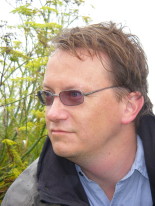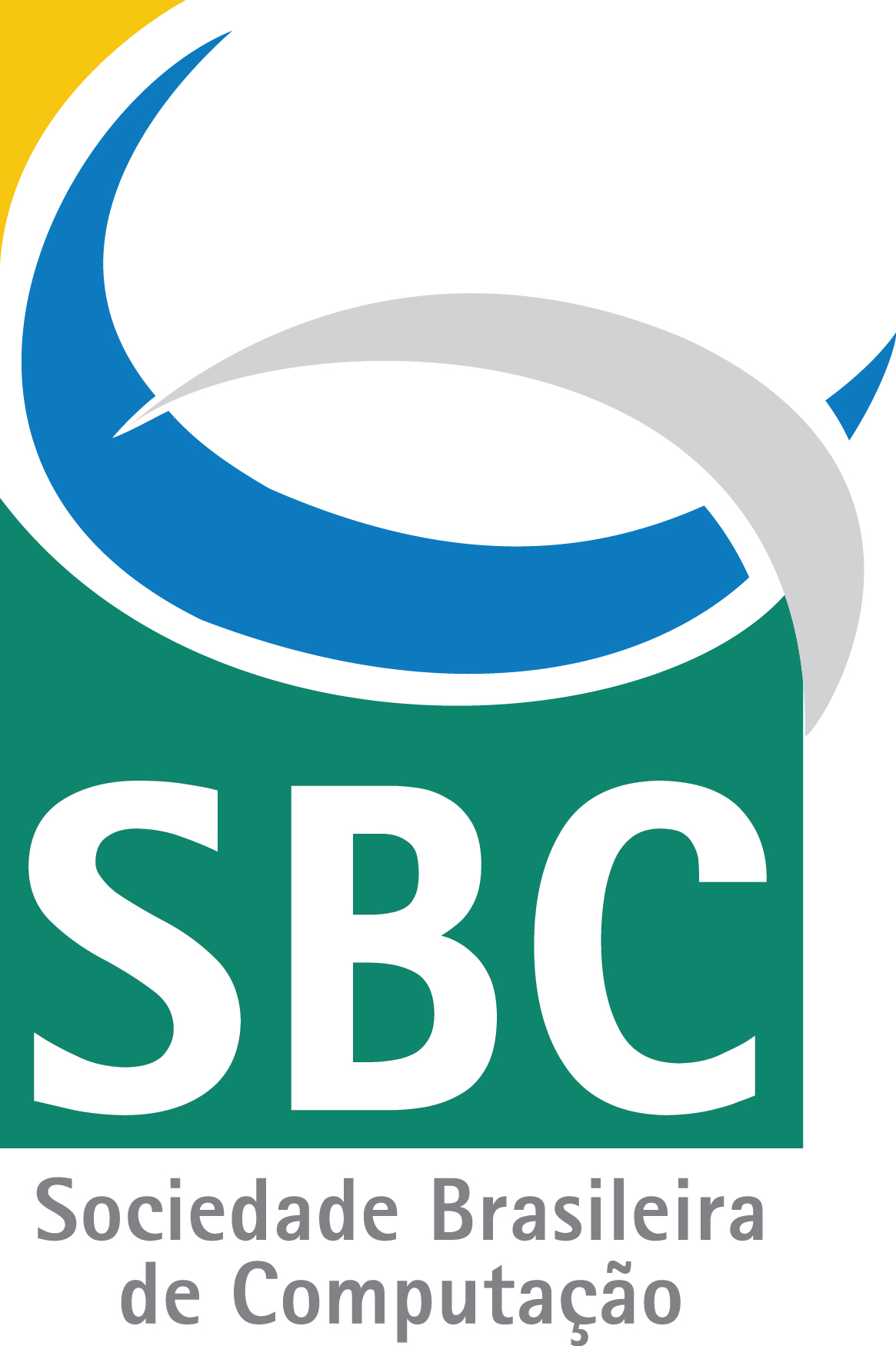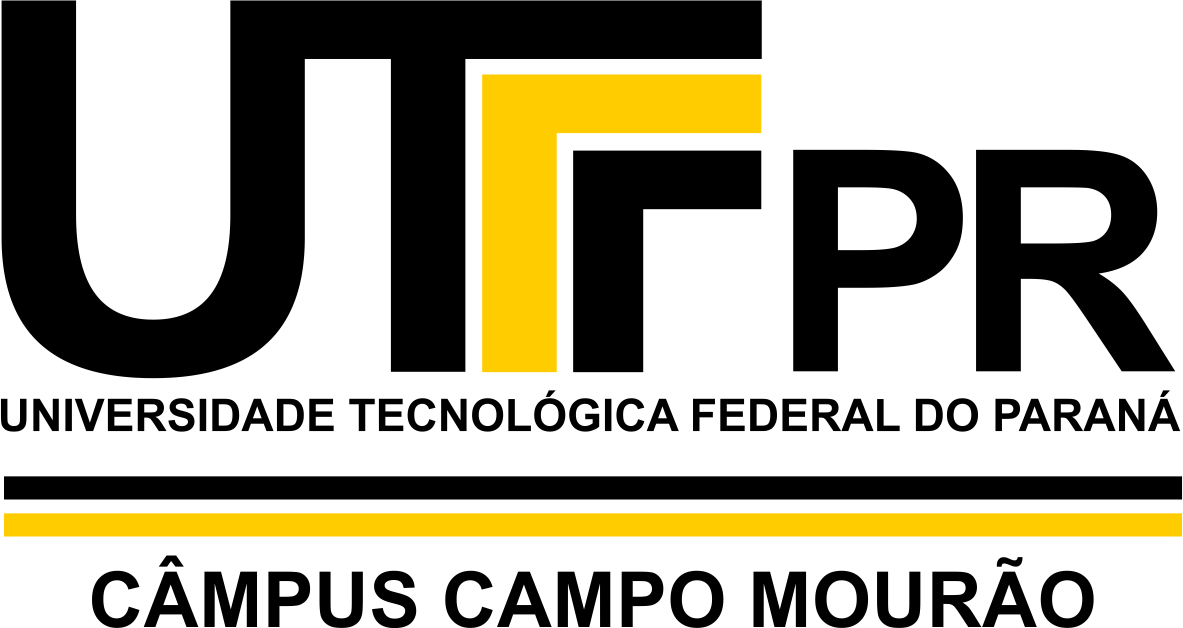Mark Harman
 |
Search Based Software Engineering and Genetic ImprovementThis keynote will present a brief overview of Search Based Software Engineering (SBSE), giving examples of successful application across the full spectrum of software engineering activities and problems. The talk will also cover recent results in genetic improvement. Starting from an existing version of a software system, genetic improvement uses SBSE to search the system's neighbourhood, constructing new versions that are faithful to desirable existing semantics, while optimising chosen measurable properties of interest. This search-based approach to program improvement has been successfully applied to program transplantation, porting, and specialisation, and to reducing the consumption of system resources such as time, memory and energy. This keynote is based on joint work with Earl Barr, Bobby Bruce, Yue Jia, Bill Langdon, Alexandru Marginean, Justyna Petke, Federica Sarro, Fan Wu and Yuanyuan Zhang at UCL. |
|
Mark Harman is professor of Software Engineering in the Department of Computer Science at University College London, where he directs the CREST centre and is Head of Software Systems Engineering. He is widely known for work on source code analysis and testing and co-founded the field of Search Based Software Engineering (SBSE), the topic of this keynote. SBSE research has rapidly grown over the past five years and now includes over 1600 authors, from nearly 300 institutions spread over more than 40 countries. The Brazilian research community is also very well known for its strong working SBSE. A recent tutorial paper on SBSE can be found here: http://www.cs.ucl.ac.uk/staff/mharman/laser.pdf. A recent article describing the work of the Brazilian SBSE community can be found here: http://www.sciencedirect.com/science/article/pii/S0164121212002166. |
|
Fabio Kon
Trilha de Indústria e Ideias Inovadoras
 |
Inovação Aberta, Ecossistemas de Startups e sua EvoluçãoNo Século 21, os ecossistemas de startups estão se mostrando uma das formas mais eficazes para a produção de inovação tecnológica, papel anteriormente desempenhando por grandes empresas e laboratórios de pesquisa. No mundo digital, as startups de software são, sem dúvida nenhuma, a maior fonte de inovação. Mas, para que elas sejam efetivas, é fundamental que estejam inseridas em um ecossistema saudável, promovendo colaboração com alta intensidade e qualidade. Nesta palestra, abordaremos as questões elencadas acima bem como sua relação com propriedade intelectual, inovação aberta e software livre. Finalmente, apresentaremos os resultados de nossa recente pesquisa sobre a evolução e maturidade de ecossistemas de startups de software. |
|
Fabio Kon é professor titular de ciência da computação do IME-USP, coordenador adjunto de pesquisa para inovação da FAPESP e Editor-Chefe do SpringerOpen Journal of Internet Services and Applications, atua nas áreas de Empreendedorismo Digital, Software Livre, Sistemas Distribuídos e Cidades Inteligentes. Além de forte atuação como pesquisador, tendo publicado vários artigos internacionais de alto impacto, Fabio é conselheiro voluntário de várias startups de software. |
|
Jaelson Castro
 |
Goal-Oriented Requirements Engineering at the age of majorityOver the past two decades, goal modelling has received much attention in Requirement Engineering research, but also in Software engineering, Information Systems, Conceptual Modeling and Enterprise Modeling. Goals have been used as a useful conceptualization to elicit, analyse requirements, capturing alternatives and conflicts. This keynote reviews the history and key ideas in Goal-Oriented Requirements Engineering (GORE) research, giving examples of popular frameworks. It outlines the progress that has been made in GORE, identifying the types of its publications, the nature of the research evaluation, common topics appearing in GORE work, common frameworks, publication venues, citation distributions and primary contributors. It also reports on the progress that has been made in mapping/integrating/transforming goal models to later stage software artefacts.
|
|
Jaelson Castro is a Full Professor at University Federal de Pernambuco (UFPE), Brazil, where he leads the Requirements Engineering Laboratory (LER), since 1992. He earned his Ph.D. in 1991 from Imperial College, London. His research interests include requirements engineering, model-driven development, adaptive systems, agent-oriented development, aspect oriented development, etc. Prof. Castro serves on the editorial boards of the Requirements Engineering Journal (REJ) and Journal of Software Engineering and Research Development (JSERD). He also acted as Editor in Chief of the Journal of the Brazilian Computer Society (JBCS). |
|
Silvio Meira
 |
Programming the Universe: The First Commandment of Software Engineering for all Varieties of Information SystemsSince the early days of computers and programs, the process and outcomes of software development has been a minefield plagued with problems and failures, as much as the complexity and complication of software and its development has increased by a thousandfold in half a century. Over the years, a number of theories, laws, best practices, manifestos and methodologies have emerged, with varied degrees of (un)success. Our experience as software engineers of complex and large-scale systems shows that those guidelines are bound to previously defined and often narrow scopes. Enough is enough. Nowadays, nearly every company is in the software and services business and everything is - or is managed by - software. It is about time, then, that the laws that govern our universe ought to be redefined. In this context, we discuss and present a set of universal laws that leads us to propose the first commandment of software engineering for all varieties of information systems. |
| Silvio Meira é PROFESSOR EMÉRITO do CENTRO DE INFORMÁTICA da UFPE, RECIFE, PROFESSOR ASSOCIADO da ESCOLA de DIREITO da FGV-RIO, fundador e presidente do conselho de administração do PORTO DIGITAL, co-criador e provocador-chefe de uma das primeiras redes de business designers do brasil, a IKEWAI. é professor titular aposentado do centro de informática da ufpe, e fundou e foi o cientista-chefe do C.E.S.A.R, centro de engenheiro eletrônico pelo ita [1977], mestre em informática pela ufpe [1981] e phd em computação pela University of Kent at Canterbury, uk [1985], silvio meira orientou quase 150 teses de doutorado e mestrado, publicou mais de trezentos artigos científicos e muitas centenas de textos sobre tecnologias da informação e seu impacto na economia, sociedade e pessoas, além de autor do livro NOVOS NEGÓCIOS INOVADORES DE CRESCIMENTO EMPREENDEDOR NO BRASIL, publicado pela casa da palavra em outubro de 2013. estudos e sistemas avançados do recife até julho de 2014. | |



